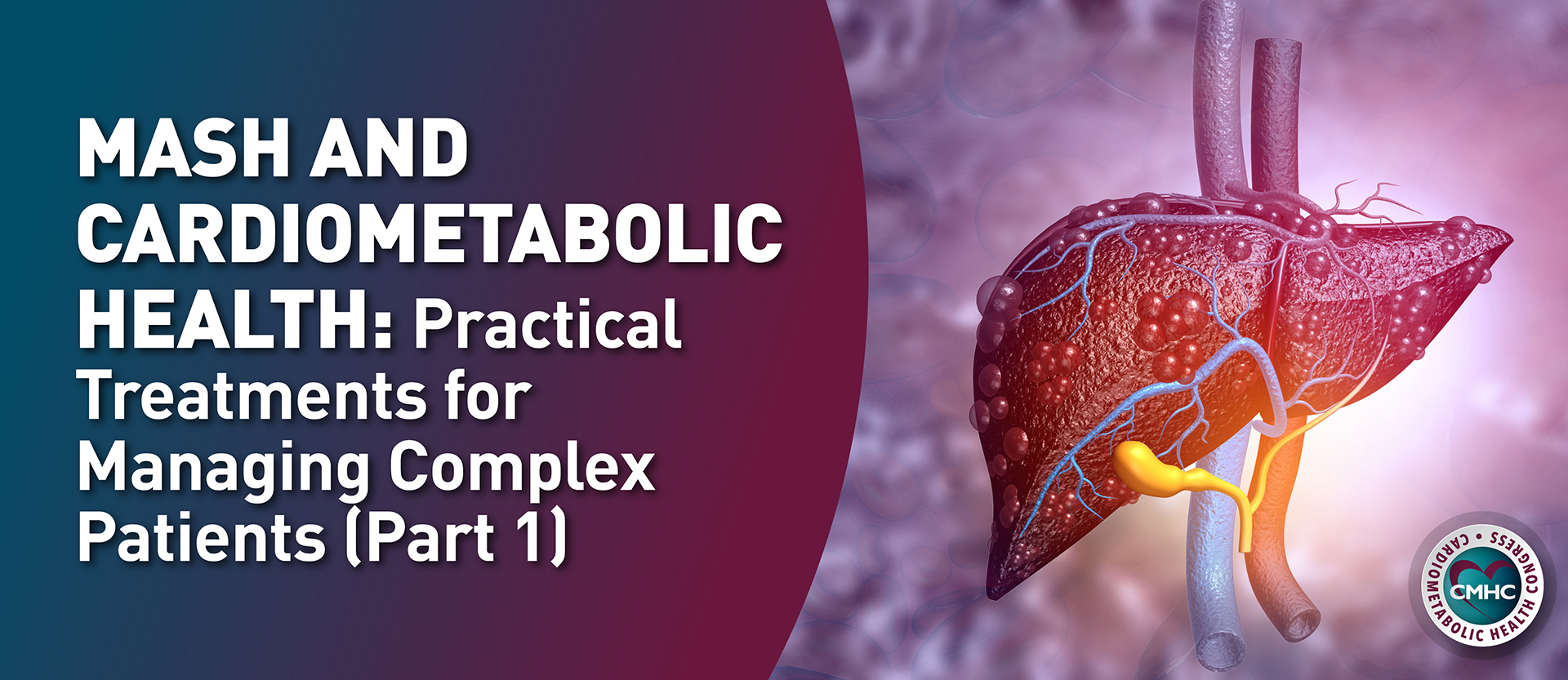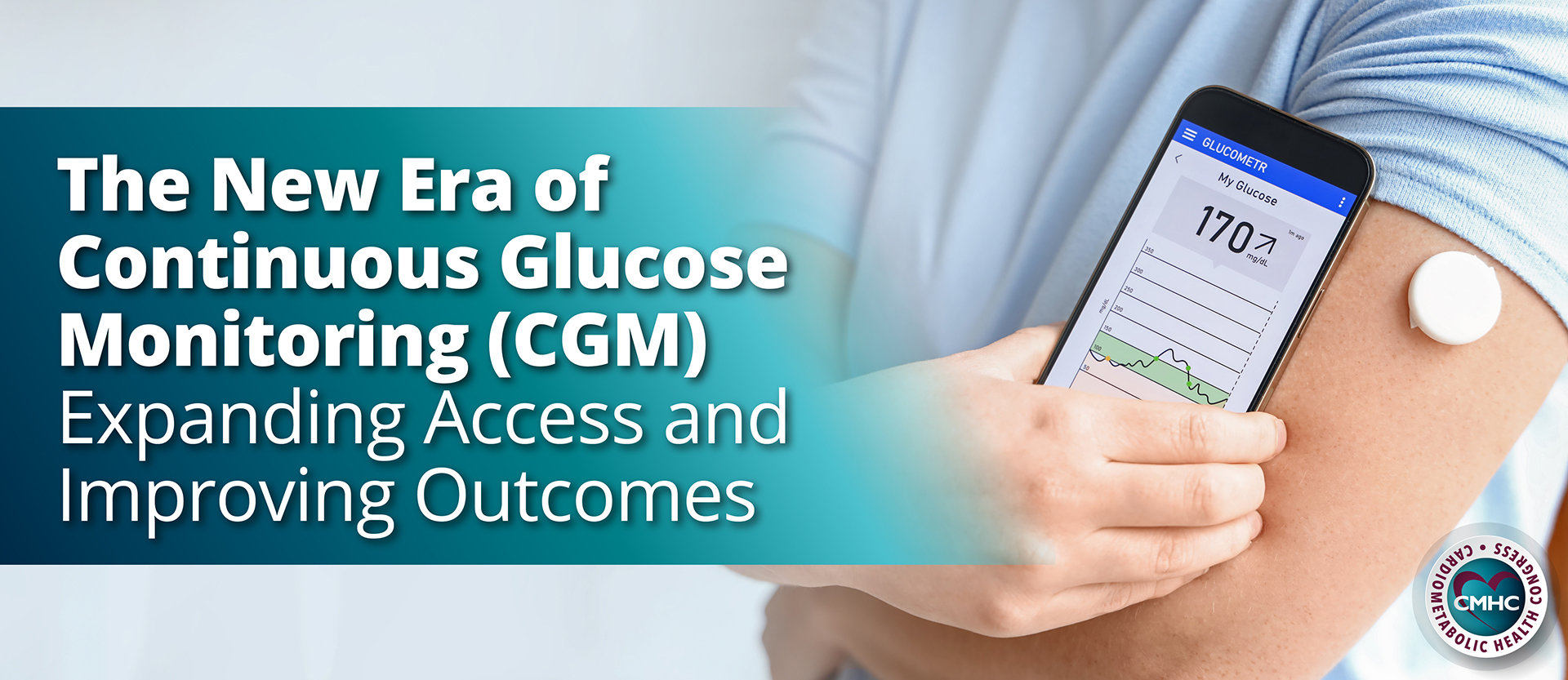Results of a recent study co-authored by CMHC Chair Robert Eckel, MD, showed that a lack of adequate sleep in healthy study participants led to a reduction in insulin sensitivity of approximately 20%, which may increase their risk of developing diabetes over time. Further, eating during the biological night may alter the way the body responds to the food and impairing insulin sensitivity. Although increasing sleep from 5 hours per night to 9 hours per night for 3 days restored oral insulin sensitivity, the same increase in sleep for 5 days was insufficient to restore intravenous insulin sensitivity. “We did a study last year showing weight gain is caused by a lack of sleep and now we find that there could also be a risk of diabetes,” Dr. Eckel said. “While the exact mechanisms are unknown, it’s clear that a lack of sleep causes metabolic stress.”
Read perspective on the study here and the full study here.
Eckel et al. Morning circadian misalignment during short sleep duration impacts insulin sensitivity. Current Biology. http://dx.doi.org/10.1016/j.cub.2015.10.011.

















